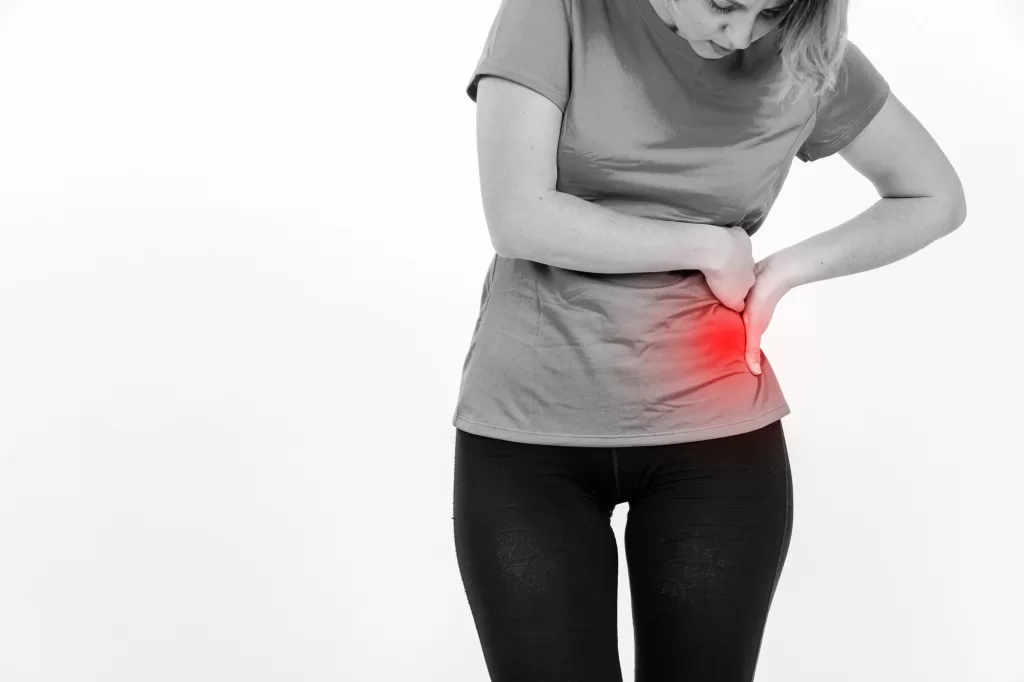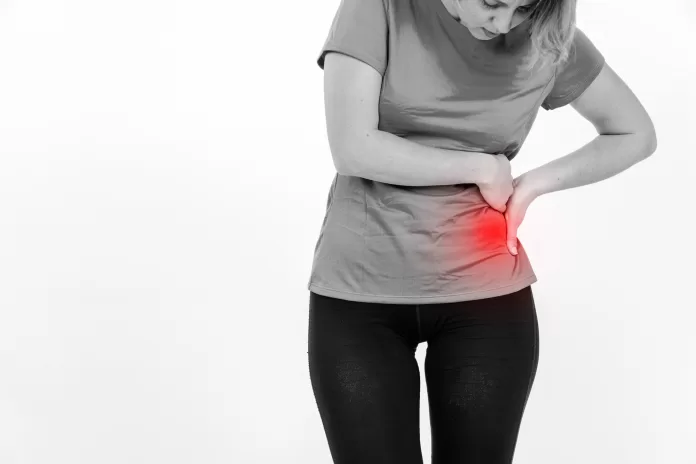
Introduction to Kidney Stones
Kidney stones are a prevalent health issue affecting millions worldwide. These hard mineral and salt deposits form inside the kidneys, leading to significant discomfort and potential complications if untreated. This blog aims to provide a thorough understanding of kidney stones, from their formation to prevention and management strategies, offering valuable insights for general health seekers looking for comprehensive health information.
What Are Kidney Stones? Types and Symptoms
Kidney stones, medically known as renal calculi, are crystalline structures formed by the accumulation of dissolved minerals in the kidneys. Understanding the different types of kidney stones is crucial, as each type has unique characteristics and requires specific management strategies. The primary types include:
- Calcium Stones: The most common type, often formed from calcium oxalate. Factors contributing to their formation include high doses of vitamin D, certain metabolic disorders, and dietary factors.
- Struvite Stones: Typically associated with infections, these stones can grow quickly and become quite large, sometimes with minimal symptoms.
- Uric Acid Stones: More common in men than women, these stones develop in individuals who lose too much fluid, have high protein diets, or have gout.
- Cystine Stones: Resulting from a hereditary disorder where the kidneys excrete excessive amino acids, cystine stones are relatively rare.
Common symptoms of kidney stones
- Severe pain in the side and back, below the ribs
- Pain that radiates to the lower abdomen and groin
- Pain during urination
- Pink, red, or brown urine
- Nausea and vomiting
- Fever and chills (if an infection is present)
Contributing Factors to Kidney Stones
Several factors contribute to the formation of kidney stones, including:
- Diet: High intake of protein, sodium, and sugar may increase stone risk. Oxalate-rich foods like spinach and nuts can also contribute.
- Dehydration: Low fluid intake leads to higher urine concentration, facilitating stone formation.
- Family History and Personal Health: A family history of kidney stones can increase risk, as can obesity, digestive diseases, and certain surgical procedures.
- Other Medical Conditions: Conditions like hyperparathyroidism and recurrent urinary tract infections can promote stone formation.
Diagnosing Kidney Stones
Timely diagnosis of kidney stones is critical for effective treatment. Diagnosis often involves:
- Physical Examination and Medical History: Initial assessment of symptoms and family history.
- Imaging Tests:
- CT Scan: Highly effective in detecting even small stones.
- Ultrasound: A non-invasive option, especially useful for pregnant women.
- X-rays and Intravenous Pyelograms (IVP) may also be used.
- Urine and Blood Tests: These tests help in identifying excess minerals and other chemicals that can lead to stones.
Treating Kidney Stones: Lifestyle Changes, Medications, and Surgeries
The treatment of kidney stones depends on their size, type, and underlying cause. Options include:
Lifestyle Changes
- Increased Water Intake: Helps flush out the urinary system and prevents new stones from forming.
- Dietary Adjustments:
- Reduce sodium, protein, and oxalate-rich foods.
- Increase citrus fruits that contain natural citrate inhibitors.
Medications
- Pain Relievers: To manage discomfort during stone passage.
- Alpha Blockers: Help relax ureter muscles to facilitate stone passage.
- Thiazide Diuretics and Allopurinol: Prevent future stone formation.
Surgical Procedures
- Extracorporeal Shock Wave Lithotripsy (ESWL): Uses sound waves to break stones into smaller pieces.
- Ureteroscopy: Involves removing stones using a scope passed through the urethra.
- Percutaneous Nephrolithotomy: Surgical removal of larger stones through an incision in the back.
Preventing Kidney Stones Through Diet, Hydration, and Lifestyle
Prevention is the best strategy against kidney stones. Effective measures include:
- Hydration: Aim for at least 2-3 liters of water daily to dilute urine and prevent stone formation.
- Balanced Diet:
- Limit salt and animal protein.
- Get adequate, but not excessive, amounts of calcium.
- Incorporate more fruits and vegetables.
- Regular Exercise:
- Helps maintain a healthy weight, reducing kidney stone risk.
Complications and When to Seek Medical Attention
Untreated kidney stones can lead to severe complications such as:
- Recurring Infections: If stones block urinary flow leading to repeated infections.
- Kidney Damage: Rare but can occur if stones cause persistent obstructions.
- Urinary Tract Infection (UTI)
Seek immediate medical attention if you experience:
- Severe pain that does not improve with over-the-counter medication.
- Blood in urine.
- Fever and chills alongside other symptoms.
- Difficulty passing urine.
Research Updates and Future Trends
Recent research highlights promising trends in kidney stone prevention and management:
- Genetic Research: Understanding genetic predispositions to tailor personalized treatment plans.
- Machine Learning and AI: Predictive models to forecast stone formation risk.
- Novel Medications: Development of drugs targeting specific pathways in stone formation.
- Non-Invasive Treatments: Innovations in laser technology for less invasive stone removal.
Conclusion and Call to Action
Understanding, preventing, and managing kidney stones requires a comprehensive approach encompassing lifestyle changes, dietary adjustments, and, when needed, medical intervention. By staying informed and proactive, individuals can significantly reduce their risk of developing kidney stones and related complications.
At HealthFunda, we’re committed to providing you with the latest health insights to empower your wellness journeys. If you suspect kidney stones or seek to enhance your health knowledge, explore our resources or consult healthcare professionals for personalized guidance. Stay hydrated, stay informed, and take charge of your kidney health today!


